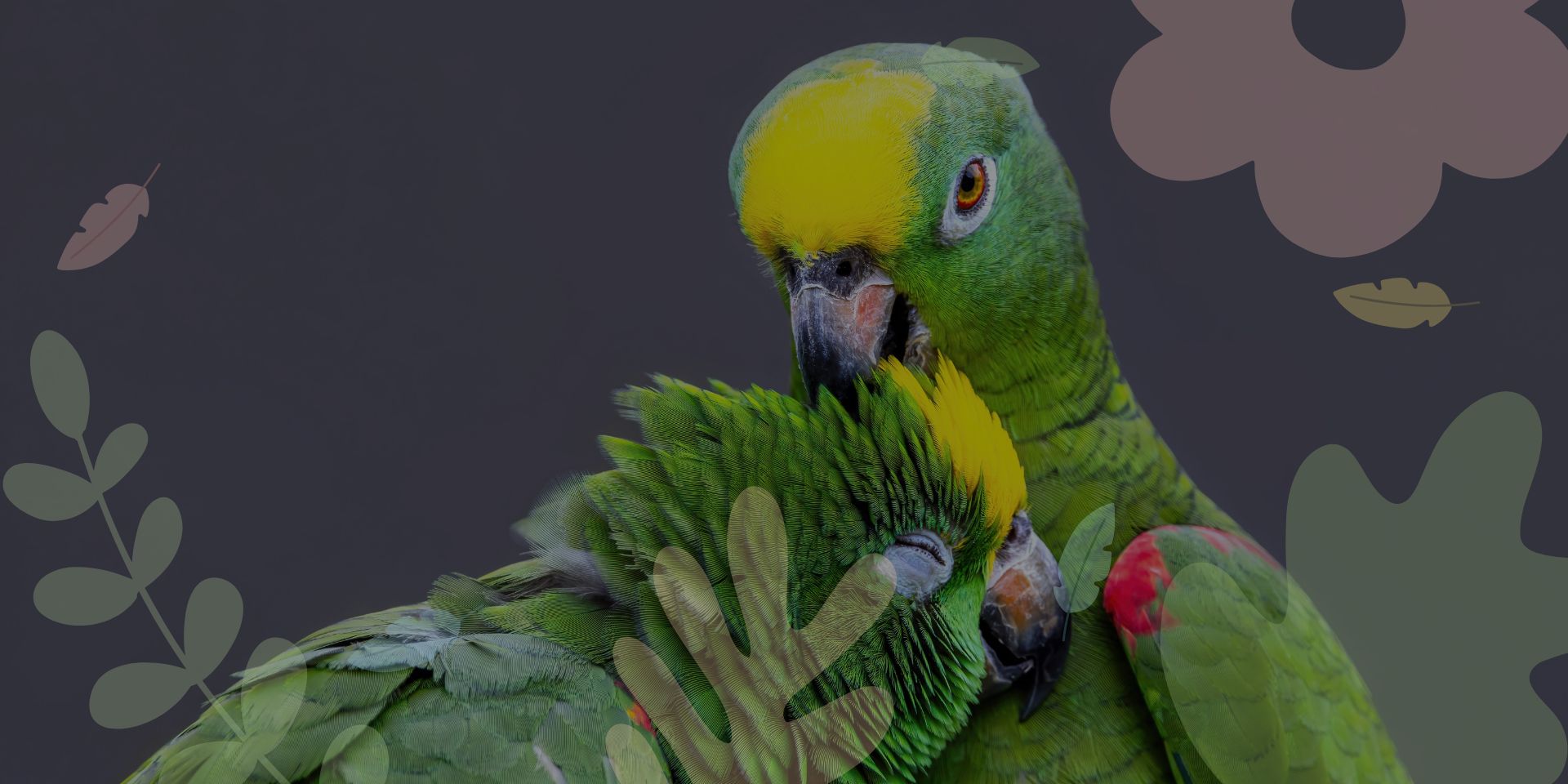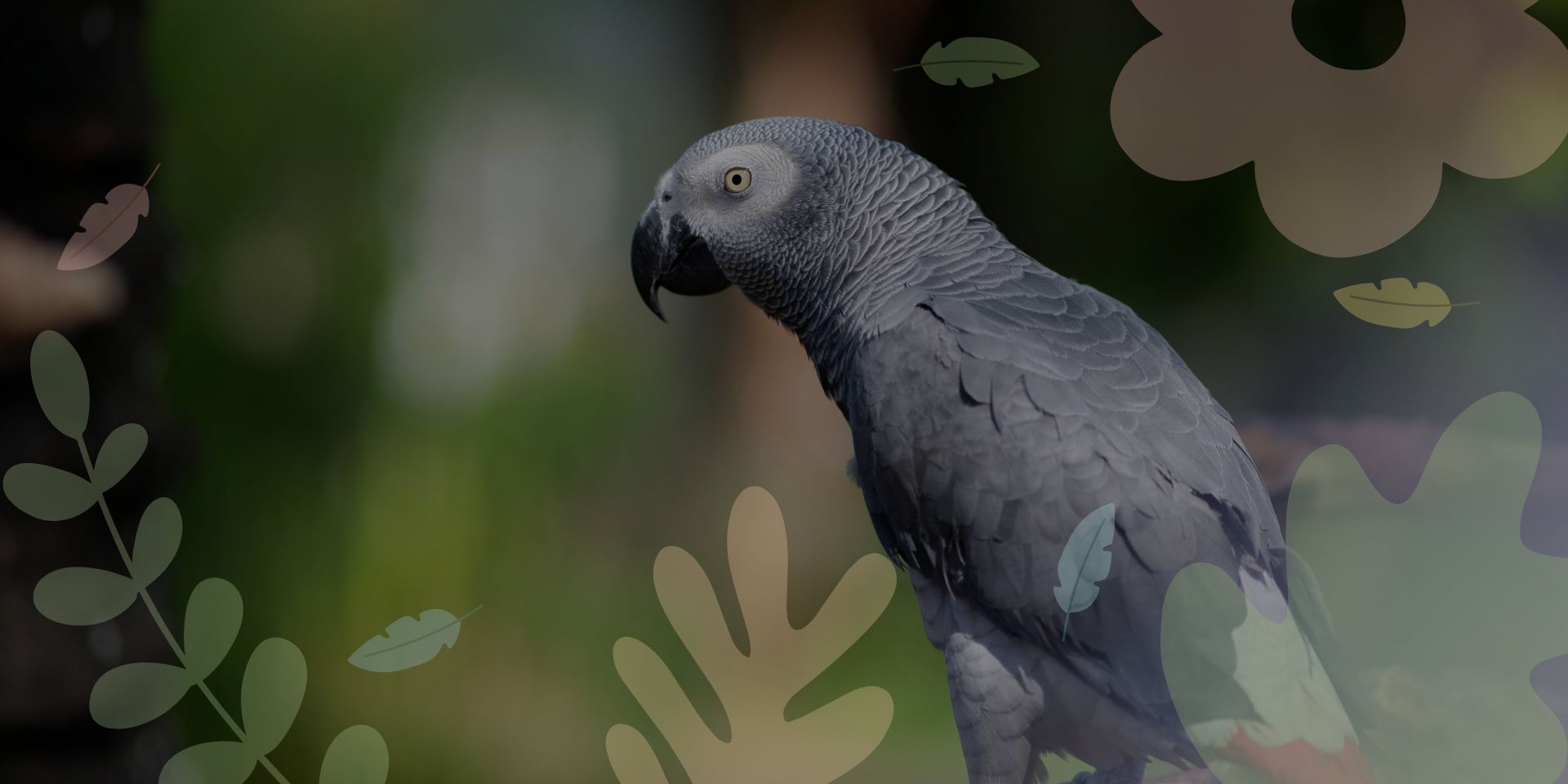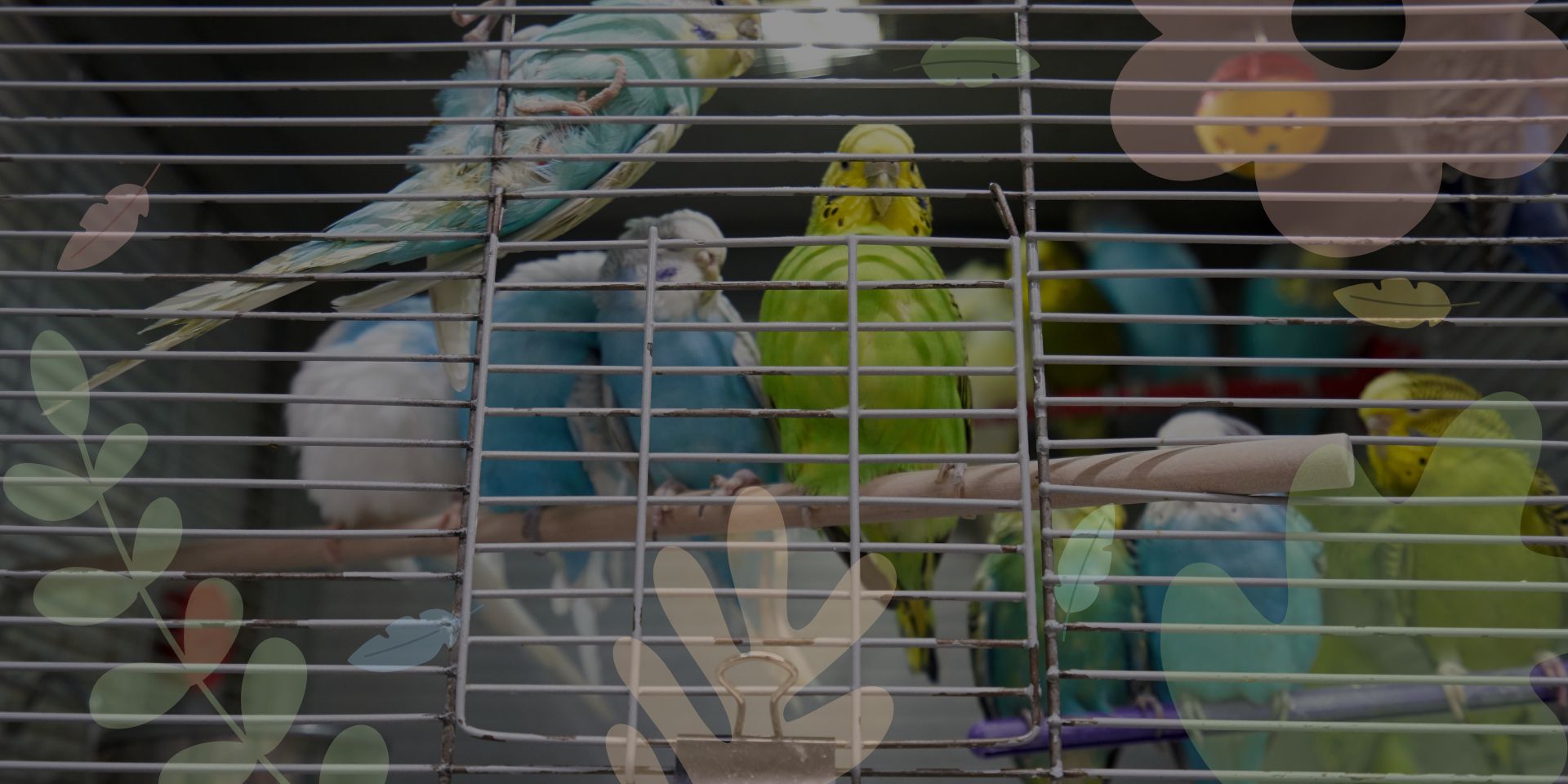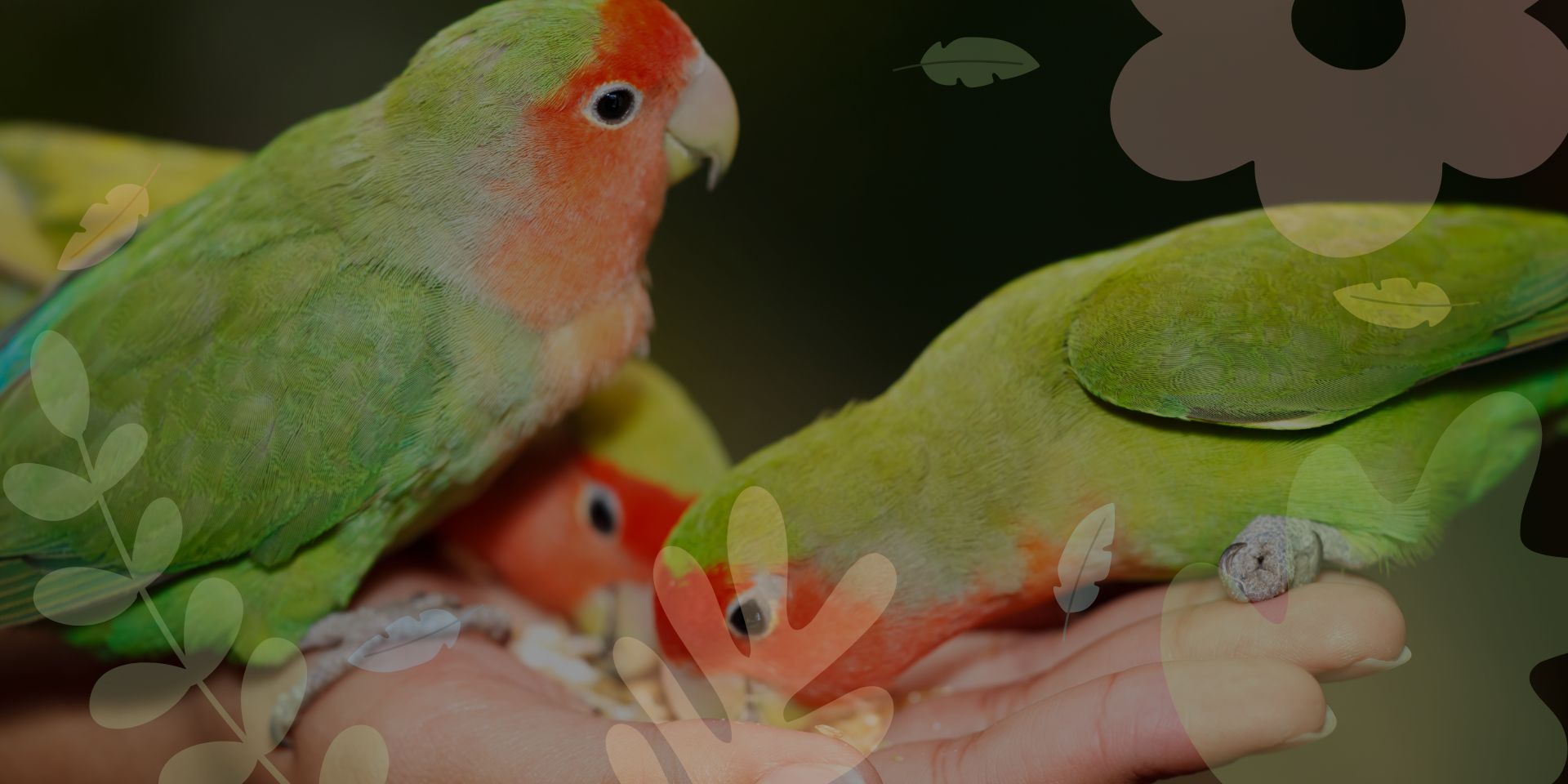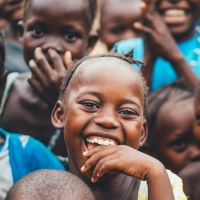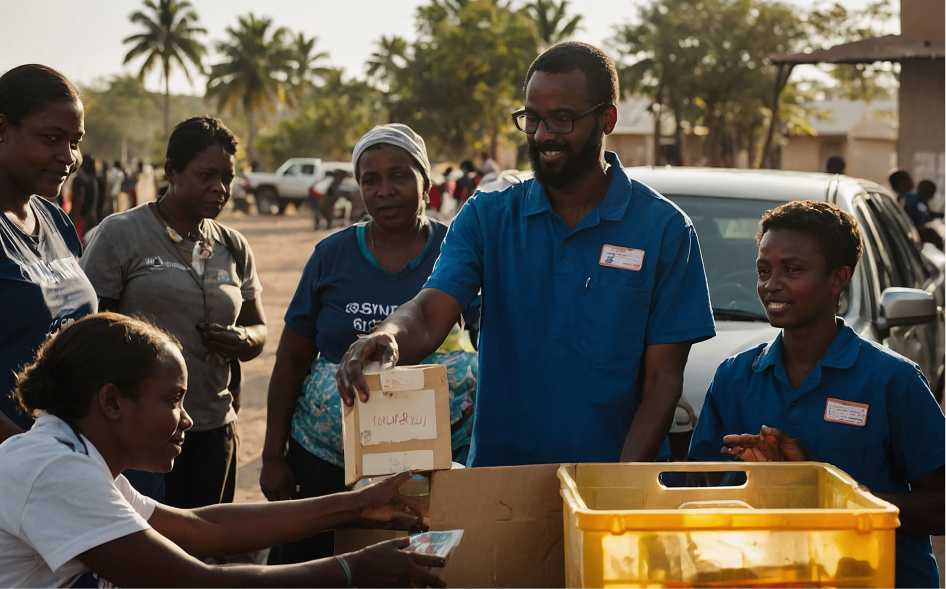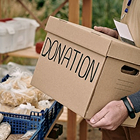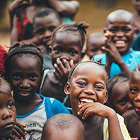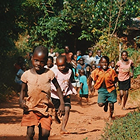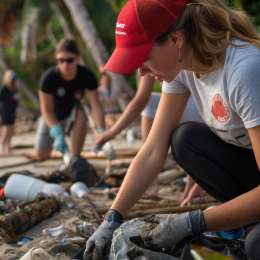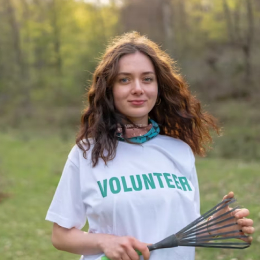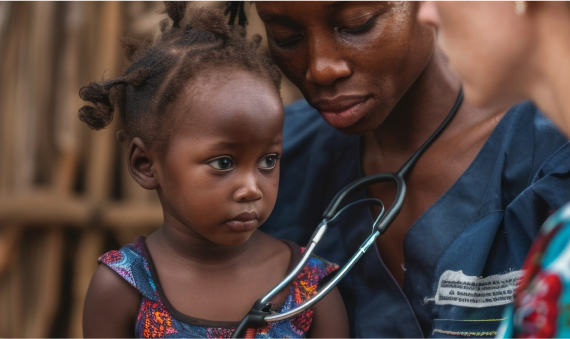Why it’s time to define it, for the sake of the birds.
What Is Adoption, Really?
We often hear the word “adopted” used to describe how someone got their pet parrot — from a friend, a breeder, or even through a Facebook post. But when everyone uses the term “adoption” to describe any change of hands, what does it actually mean anymore?
At Parrot Society (Singapore), we believe it’s time to reclaim the meaning of adoption. Not to complicate things, but to protect the birds.
Why the Word “Adoption” Matters
In human contexts, adoption means something very specific: a permanent, thoughtful placement, proper screening and interviews, with a legal agreement and serious responsibilities and expectations. It’s not something done lightly or casually, because the wellbeing of the adoptee comes first.
Shouldn’t it be the same when placing a living, intelligent, emotional animal who may live for decades?
Parrots are not just pets. They are long-lived, highly social, and deeply sensitive creatures. A careless or unsuitable placement doesn’t just inconvenience them — it can lead to trauma, suffering, or repeated abandonment.
The Problem Today
Right now, in Singapore, there’s no clear standard for what counts as a real adoption. That means:
- People may “adopt” from a breeder or any random person.
- Rescued parrots may be rehomed without checks or guidance.
- Parrots may end up passed around from home to home, again and again.
When everything counts as adoption, nothing does.
Our Definition of Adoption
Parrot Society (Singapore) defines adoption as:
A structured and legally binding process, facilitated by a recognised organisation, in which a parrot is permanently placed into a new home following a formal application, suitability assessments (including interviews and home visits), and the signing of an adoption agreement.
The bird must come from a background of being lost, neglected, abused, surrendered, or unwanted, and not from the pet trade or commercial breeding. Adopted parrots must not be used for breeding, resold, or rehomed privately again. The process is designed to prioritise the bird’s welfare above all else.
Shouldn’t Adoption Be Free-of-Charge?
This is a fair question, and one we get often.
In an ideal world, adoption might be free. But free does not mean responsible. In both human and animal welfare, adoption is not a giveaway, but a commitment. Even in human adoption, families invest significant time, energy, and often cost into ensuring a child’s wellbeing and long-term fit. The focus is never on convenience, but on preparedness.
Likewise, our adoption fees are not a “price” for the parrot. They are a symbolic and practical contribution to the parrot’s care, including health checks, veterinary needs, housing, and rehabilitation. They also ensure that the adopter is ready and committed.
Free handovers may seem kind-hearted, but they often bypass the safeguards needed to prevent impulsive or unsuitable placements. A small financial investment, paired with a thorough process, helps protect the bird in the long run.
We do not base fees on rarity or visual appeal — only on adoption trends and resource needs. We do not allow negotiation or “price matching.” Our goal is to find committed homes, not to maximise adoption numbers at the expense of welfare.
Why Are Your Adoption Fees Tiered by Species?
We often get asked: “If this is about welfare, why aren’t all adoption fees the same?”
At Parrot Society (Singapore), we don’t price parrots based on their size, rarity, or resale value. But we do take into account their typical market price, and here’s why:
- Many people still associate value with price, and unfortunately, so do opportunists. If we offered a high-demand parrot for a flat, low fee, it could attract adopters who are unprepared or seeking a bargain, rather than a lifelong companion.
- At the same time, if we charged a flat, moderate fee across all species, it would unintentionally discourage adoption of smaller or less “desirable” parrots, the very birds who are most often overlooked or surrendered.
So, we use a proportional fee structure, always priced well below market rates, not to reflect worth, but to:
- Filter for readiness without creating financial burden
- Discourage misuse of the adoption process
- Encourage people to consider all species, not just the “popular” ones
This is not a sale. It’s not about value. It’s about responsibility.
Still Not Convinced? Here’s A Breakdown For You
“It’s just a bird. Why make adoption so complicated?”
Parrots are not just any pet. They are intelligent, emotionally complex, and often live long lives spanning several years. Some species form deep bonds, suffer from separation anxiety, and can even experience depression when neglected.
Placing a parrot into a new home isn’t a simple swap, but a life-altering decision for a being who may outlive their new family. That’s why we believe the process must reflect that level of responsibility.
“Isn’t this adoption definition overkill for an animal? You’re treating birds like children.”
No, we’re not equating parrots with human children. But adoption is a word that already implies long-term care, commitment, and careful matching.
When used casually to describe any pet handover, it diminishes the meaning of true adoption. Just like with other living beings, thoughtful placement matters, especially when the animal is long-lived, misunderstood, and vulnerable to neglect.
“I got my parrot from a friend and I take great care of it — are you saying that doesn’t count as an adoption?”
Not at all. Responsible rehoming does happen, and it can work well.
But our point is that if we’re going to use the word “adoption”, it should have a clear, standardised meaning. Just like how rescuing and fostering are different, adoption must mean a guided, ethical, and structured process that protects the animal’s welfare first.
That clarity is especially important for organisations, public trust, and policy.
“A breeder or pet owner Is selling me a bird cheaper, even free. Why not I just get it from them instead?”
It might seem more “cost-effective” to take in a bird from a breeder or pet owner directly, especially if their asking price is lower than our adoption fee. But here’s the crucial difference: They’re offering a bird. We’re offering a commitment, backed by a process that protects both the bird and the adopter.
When you adopt through us:
- You go through a structured process that includes education, suitability assessments, and support to ensure long-term success.
- You receive full transparency on the parrot’s known background and health status, including a vet’s assessment.
- You sign a formal agreement that protects the bird’s future, including no resale, no breeding, and no unregulated rehoming.
When taking a bird from a private seller, those safeguards are often missing. There’s no guarantee that:
- The bird is being surrendered for ethical reasons
- You’re fully prepared for that species’ long-term needs
- The person rehoming the bird will screen you for suitability or provide support if problems arise
And perhaps most importantly, your decision shapes the larger system. Supporting informal sales or breeder rehoming (even unintentionally) risks perpetuating cycles of overbreeding, casual abandonment, and under-informed ownership.
Adopting from an organisation like PSS may not be the cheapest option you can find out there, but it’s the most responsible, transparent, and welfare-focused path. It’s a choice not just for a bird, but for a better future for all parrots.
“But this makes it harder for birds to find homes!”
Actually, it makes it easier for them to stay in the right homes.
Our goal isn’t to block good adopters. It is to make sure they’re truly ready.
Far too many parrots are surrendered because someone wasn’t prepared for the noise, mess, cost, or time involved. A clear adoption process helps ensure birds don’t get passed from home to home due to misaligned expectations of what having a parrot as a pet really involves.
It’s not a barrier. Instead, it’s a support system for long-term success for both the parrot and their owners.
“Adoption fees feel like I’m paying for the bird anyway.”
Adoption fees aren’t a price tag. They’re a contribution to the parrot’s care. These fees help cover veterinary costs, rehabilitation, and housing before the parrot is placed.
Every cent goes back into helping more birds, unlike commercial sales, which generate profit. The fee doesn’t “buy” the bird. It helps them find a better future.
A Better Future for Parrots
We’re not trying to gatekeep. We’re trying to give every parrot a fair chance at a safe, permanent home. A home that understands what it means to truly adopt, and not just “take in a bird.”
And with that, we have found it important to establish a formal and clear definition of what “adoption” really means. Because without clarity, there can be no accountability. And without accountability, our most vulnerable animals suffer.
Let’s make adoption meaningful, for the birds’ sake!
Join us in making a difference for the parrots! Become our volunteer, fosterer, or adopt from us.


